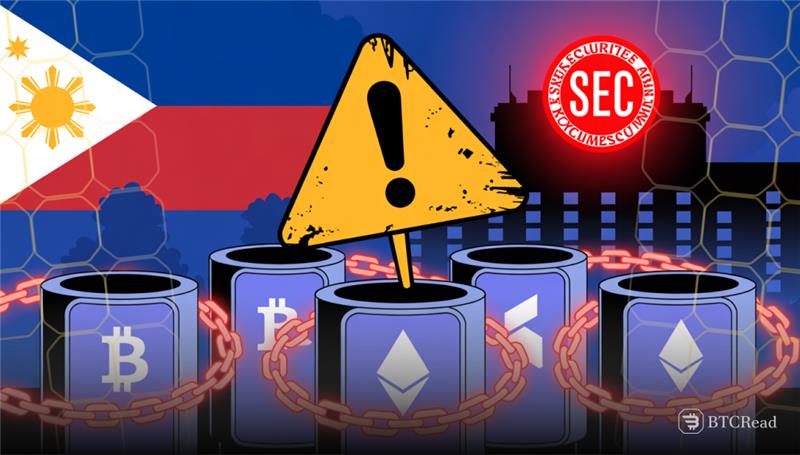The Philippine Securities and Exchange Commission (SEC) issued a public alert on August 4. It named ten crypto exchanges operating without a license. The list includes well-known names like OKX, Bybit, KuCoin, and Bitget. The agency advised citizens not to use these services.
The SEC stated that these platforms did not receive permission to operate or seek investments in the country. It also warned that the list might grow. Other platforms offering similar services without registration also violate local laws.
SEC flags money laundering and terror risks
The regulator explained the risks clearly. Users may lose money if they use these exchanges. They would have no legal support. The SEC also pointed out the threats of fraud and identity theft. These threats could seriously harm Filipino users. The commission expressed deeper concerns.
It said these platforms might help in money laundering and terrorism financing. These activities could damage the country’s reputation. The SEC warned about global scrutiny. It fears the Philippines may land on an international watchlist.
This warning follows earlier moves by the government. The SEC already blocked access to Binance’s site in the country. It now plans stricter actions. These may include criminal charges, cease-and-desist orders, and global tech partnerships. The regulator is working with firms like Google, Meta, Apple, and TikTok.
Chainalysis report shows strong crypto use in 2024
The country ranks among the top crypto adopters. A 2024 report by Chainalysis showed high usage across the population. This popularity adds pressure on the government to act. The SEC wants to balance innovation and public safety.
The Philippines joins other Asian countries in tightening crypto rules. Regional regulators continue to raise the bar. They aim to protect users while controlling illegal finance.
The SEC’s recent move fits this larger trend. The government hopes to stop the rise of unlicensed operations. The focus remains on user protection, financial integrity, and international compliance.







